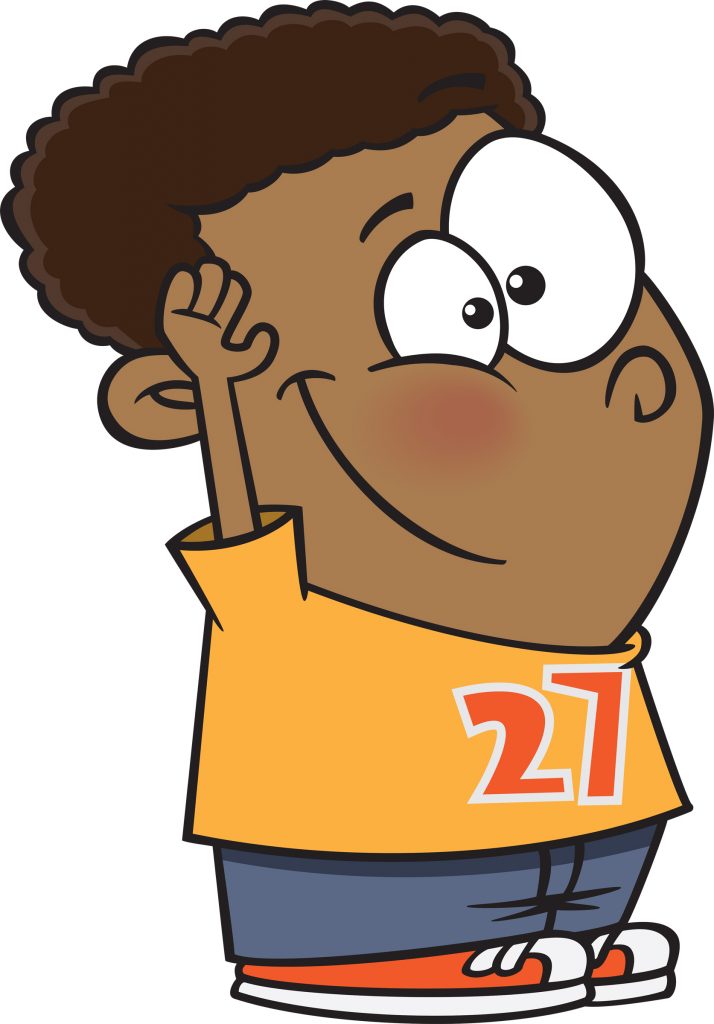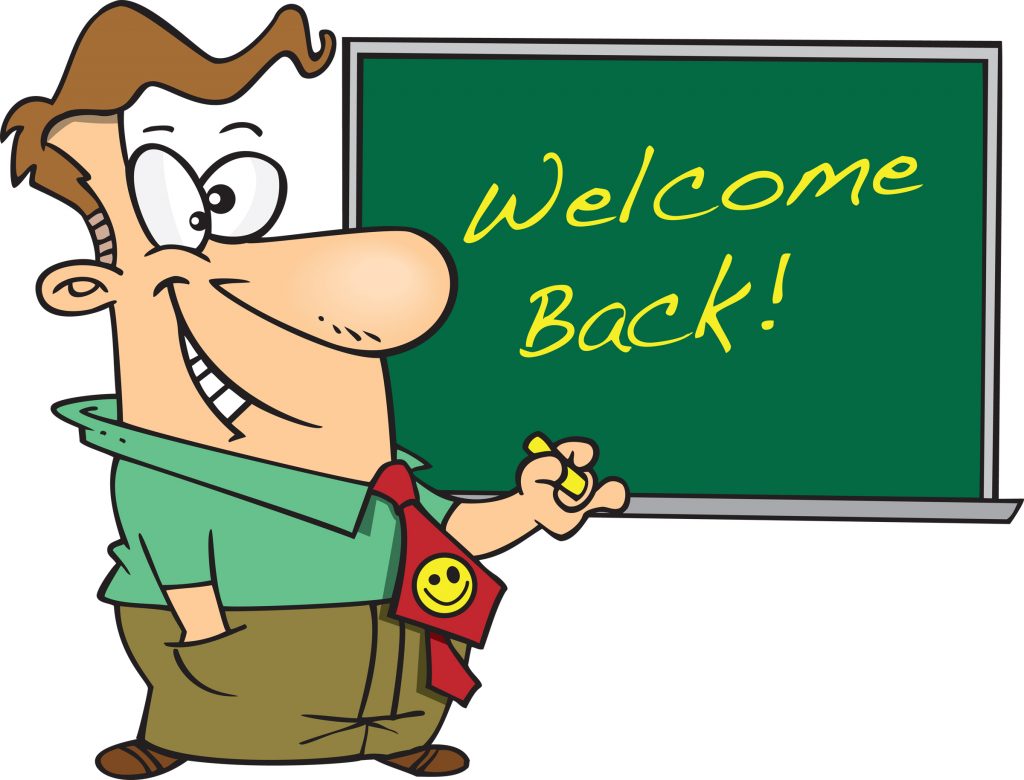
What has a neck but no head?
Paddy is back after Easter with three challenges to improve your skills! Let us know if you managed them and tell us what sport you chose to improve. If you’re an Irish dancer, Paddy would love to hear your 100 rep challenge ideas!
In St. Peter’s, we have a long history of participation in the RDS primary science events and we were delighted to continue this at Science Blast in early March. We had a fantastic day and we were delighted to share our project and our work in STEM with the Nationwide team recently. Thank you so much to Nationwide for showcasing such an important part of our school!
You can watch the episode of Nationwide on the RTE player here for the next few weeks – our episode is the one from the 17th of April. Let us know if you spotted any familiar faces!

I Hope everyone had a great Easter. Welcome back to the school blog where Mr. Vance will resume reading a bedtime story each school night. There will also be a riddle of the day and lots of other activities. Please don’t forget to post a comment or ask a question.

Although I’m sure it will be a very different Easter than usual I hope you enjoy it nonetheless. We’ll be back on Monday April 19th with more blog posts